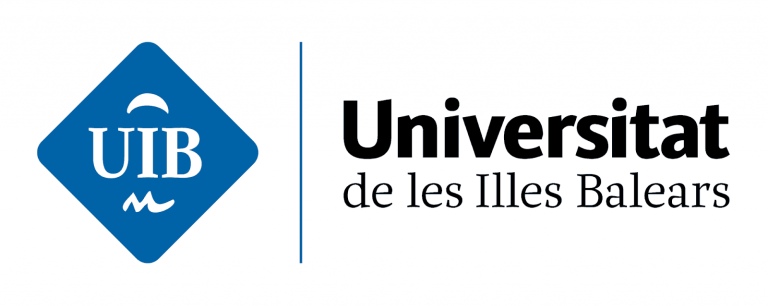2025 Conference
May 14-16, 2025 UNIVERSITY OF BALEARIC ISLANDS
The aim of the conference is to explore the dynamic intersections among the works of Shakespeare, contemporary artistic expressions, and modern-day activism.
If there is something that artistic practices, social activism, and university education share, it is their common goal of inspiring people to address the challenges that our increasingly complex societies face. From theatrical performances that challenge societal norms to visual art that speaks to the heart of human experience, from Foucault’s subjugated knowledges to the #metoo and #blacklivesmatter movements, this polyphony of empowering practices in which creativity, scholarly rigor, and activism coalesce is the ideal territory to foster reflection, provoke dialogue, and inspire action. Indeed, perhaps it is time to do what Edgar suggests in King Lear: “speak what we feel, not what we ought to say.” The result could be as groundbreaking as it is revolutionary.
There are many examples that might illustrate the potentiality of the crossovers between artistic practice, activism, and academic research. For example, in 2003, consider the London-based company Cardboard Citizen collaborated with refugees and asylum seekers from Albania, Kosovo, Zimbabwe, Iraq, Afghanistan, and other countries in a production of Pericles, in which the original play’s themes of family separation and reunion got intertwined with the real narratives of exile and survival of the migrant community. The show caught the attention of the Royal Shakespeare Company, leading to a larger theatre project that highlighted the life stories of migrants and taught audiences to empathize with their experiences.
Moreover, not only have many practitioners brought real-life experience to the stage, but some of them have also brought the stage to real life. To mention one well-known case, in 2011, during the “indignados” protests in Spain (the 15-M movement that eventually generated the #SpanishRevolution), there was an active promotion of street art and organised art exhibitions in conjunction with the protests and occupation of spaces. This multifaceted approach to activism, combining actions, reflections, and creations, led to a “circulation of social energy” (to use Stephen Greenblatt’s expression–) which continues to be evident today. Hamlet was one of the plays appropriated in this context.
What, then, is or could be the role of Shakespeare in this context? What actions can or should Shakespearean scholars and artists undertake? Is teaching our main service to the community? Does writing constitute an activist action? Furthermore, is there such a thing as academic activism? Indeed, activist endeavors are becoming an increasingly integral part of the work and thought processes of academics, and it is therefore significant to investigate how this phenomenon manifests within the field of Shakespearean scholarship, as the relationships between real-world issues and academia are complex, heterogeneous, circular, multi-faceted and, sometimes, even contradictory. This is why we would like to invite you to take part in this conference and enroll in a collective conversation about the relationship between academia and activism, the role of political art in this context, and how practice and theory can be mutually informing.
Potential Topics
- Adaptations of Shakespeare’s works that address social concerns and engage with social activism.
- The role of Shakespeare theater in addressing social inequality.
- The potential for future collaborations/mutual aid between scholars, theater practitioners and activists in this context.
- Eco-critical, decolonial, antiracist, feminist, anticapitalistic, antifascist productions of Shakespeare.
- Shakespeare pedagogy and didactic theater.
- Music, painting, photography, and film adapting/appropriating Shakespeare as vehicles for activist themes.
- Other related topics.
We welcome contributions from scholars, artists, educators, and activists. Submissions can take the form of academic/performative papers, performance pieces, panels, and round tables. We encourage innovative and interdisciplinary approaches.
Submission Guidelines
Abstracts: Please submit an abstract of no more than 250 words outlining your proposed contribution.
Bio thumbnail sketch note: up to 100 words with your submission.
Formats: Indicate your preferred format (paper, performance, panel, etc.).
Deadline: December 15, 2024.
Submission closed
Coordinators
Dr. Juanjo Bermúdez de Castro / University of the Balearic Islands
✉️ j.bermudezcastro@uib.es
Dr. Remedios Perni / University of Alicante
✉️ reme.perni@ua.es
Dr. Noemy Berbel / University of the Balearic Islands
✉️ noemy.berbel@uib.es
Registration
- Registration Fee: 70 Euros
- Student fee: 30 Euros
- Grants Available: Participants from precarious backgrounds can apply for grants



